Consolidated breast screening standards published
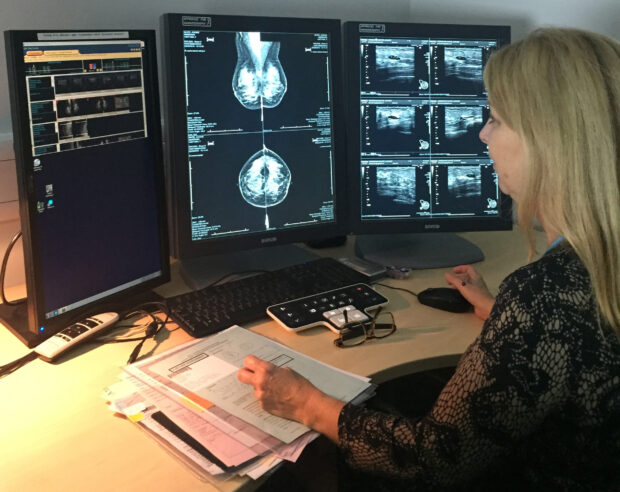
We have published the new consolidated standards for the NHS Breast Screening Programme.
Jacquie Jenkins has worked in breast screening since 1996 gaining vast experience of the programme working in several senior regional roles within the quality assurance service. She particularly has an interest in data and screening performance and has worked to develop methods to analyse individual performance for dissemination to professionals within the programme.
She is now the PHE national breast screening programme manager, leading on the operational management of the breast screening programme (NHSBSP). Her first degree in Social Policy and Administration and post-graduate qualifications in research methods are useful in key components of the role which include leading on the revision of Programme Standards and having oversight of projects that contribute to the quality improvement and effective delivery of the Programme.
Jacquie worked in banking and taught classical guitar prior to working in the NHSBSP.

We have published the new consolidated standards for the NHS Breast Screening Programme.

In 1988, the UK implemented the first national breast screening programme following evidence published in the Forrest Report.
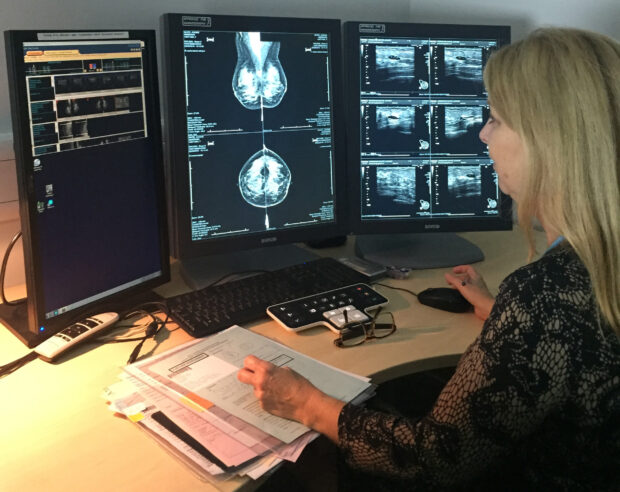
The NHS Breast Screening Programme screens around 1.2 million women in England each year.
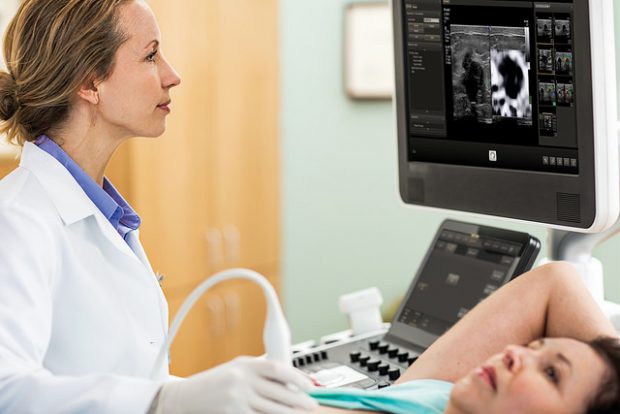
The NHS Breast Screening Programme relies on high quality assessments being carried out when potential abnormalities are found during screening.

The NHS Breast Screening Programme has published a national radiographic workforce report summarising the findings of its survey into the current state of the radiographic workforce.

The NHS Breast Screening Programme has a history of helping skilful and ambitious radiographers progress in their careers.
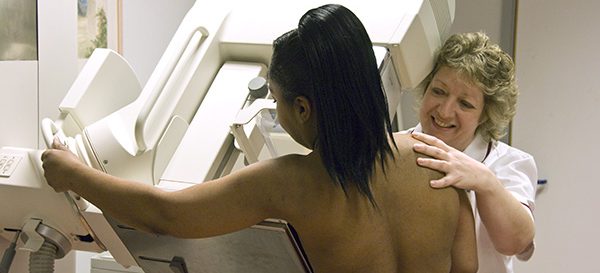
...Imaging Workforce Survey Report (2016) published on the Royal College of Radiologists website. Two-thirds of screening services responded to the survey. The key messages from the report make alarming reading...
The Health and Social Care Information Centre (HSCIC) produce annual reports of breast cancer screening performance in England.
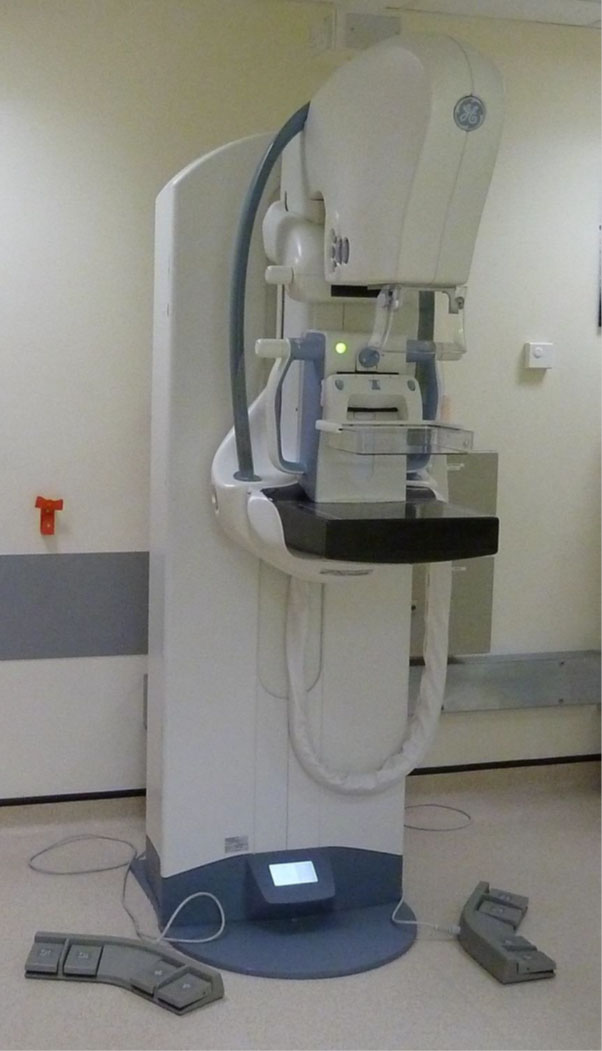
...process – technical and practical. The technical evaluation makes sure equipment gives consistently high quality images of the breast. As the screening test involves x-rays, it is also vital that...
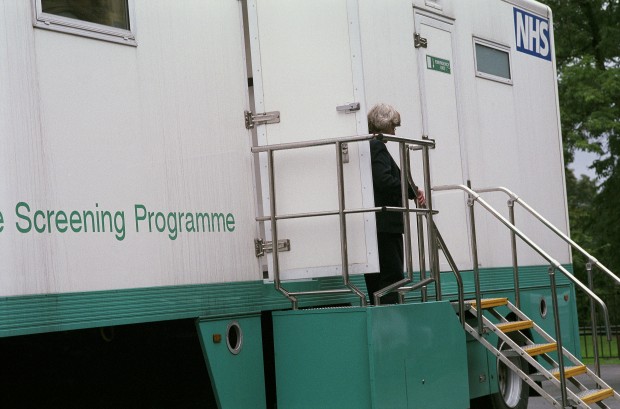
It’s October, which means it’s Breast Cancer Awareness Month again! This international campaign has grown from strength to strength since 1985. It aims to raise awareness of the disease, hopefully leading to earlier detection and more simple treatment.
Public Health England (PHE) existed to protect and improve the nation’s health and wellbeing, and reduce health inequalities. It closed on 30 September 2021 and this blog is no longer updated.
Find out more about the implications for health screening in our Changes ahead for the national screening system blog article.
If you want to stay in touch with screening evidence and policy news, you can subscribe to the UK National Screening Committee blog.